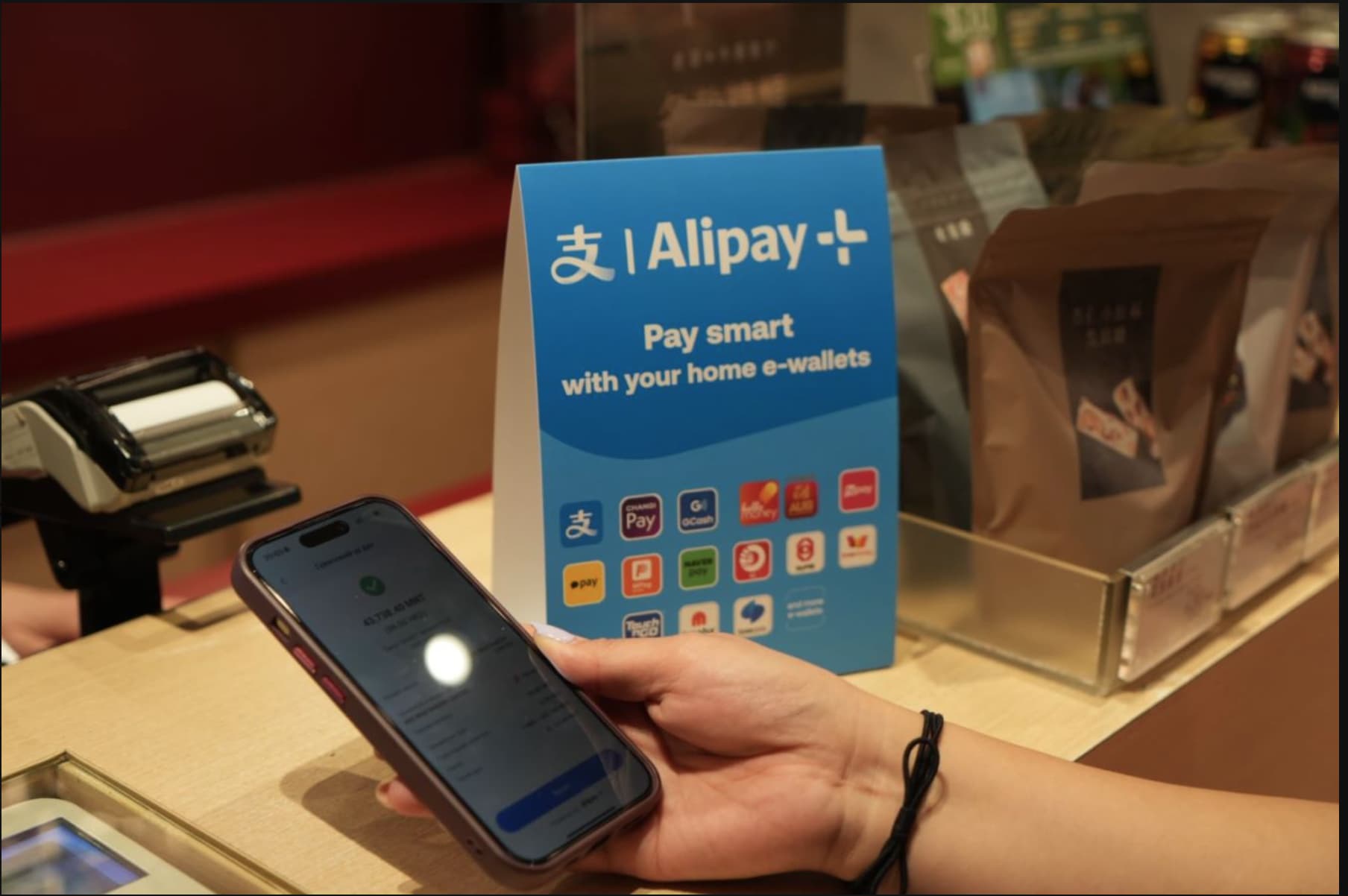
In an ambitious move to increase its global foothold, Ant International, the global arm of the Chinese fintech titan Ant Group, is focusing on its digital initiative Alipay+ to bridge the gap between mobile payment apps worldwide. The strategy revolves around enabling tourists to utilize their domestic e-wallets for transactions while abroad, without the hassle of integrating their cards into unfamiliar apps. Douglas Feagin, Senior Vice President of Ant Group, elaborated on this strategy in a conversation with CNBC, highlighting the convenience sought by international travelers.
Launched in 2020, Alipay+ allows users to make payments overseas by scanning QR codes through Alipay, Ant Group’s predominately China-focused payment platform. This initiative caters not only to the Chinese diaspora but also aims at capturing the global market by ensuring that tourists can effortlessly use their native apps across borders. Feagin expressed the ambition to extend this convenience to regions beyond Asia, such as the Middle East, Latin America, and Europe. This approach is bolstered by Ant Group’s earlier investments in country-specific e-wallets across Asia, aiming now to take these products global.
Ant Group’s thrust into the international market was initially fueled by booming Chinese tourism in Europe and the U.S. before the pandemic hit. Utilizing Alipay’s existing merchant acceptance, the company’s strategy is to upgrade these merchants to accept Alipay+ transactions, thereby accepting a multitude of wallets rather than just one. Feagin boasted about Alipay+’s reach, which now connects 88 million merchants in 57 countries and regions to 1.5 billion consumer accounts across more than 25 e-wallets and bank apps.
Moreover, the establishment of partnerships with national digital payments services in countries like Singapore, Malaysia, and South Korea last year underscores Ant’s commitment to global expansion. Ant has also taken stakes in various companies, including Singapore’s payments firm 2C2P in 2022 and South Korea’s Kakao Pay in 2017, signaling a robust push into the foreign markets. This strategy builds upon Ant Group’s established presence in Southeast Asia, where strategic investments had been made in major local e-wallets.
Ant’s vision of creating a seamless cross-border payment experience has also led to expansions in emerging markets such as Sri Lanka and Cambodia, while solidifying its footprint in Europe and the Middle East through partnerships with European e-wallet Tinaba and the Middle Eastern Dubai Duty Free. These moves aim to not only attract tourists from China but also cater to a global audience seeking convenient payment solutions.
Despite the challenges posed by regulatory restructuring within China, coupled with geopolitical tensions affecting its market reach, Ant has pivoted its strategy towards Alipay+, targeting countries with significant populations and key tourist destinations. This not only ensures rapid user base expansion but also addresses interoperability issues that have historically hindered the use of e-wallets across borders.
As Ant doubles down on its global expansion, focusing on the burgeoning markets of Europe, Latin America, and the Middle East, the company seeks to redefine the international digital payment landscape. This ambitious scale of expansion marks a significant chapter in Ant Group’s journey towards becoming a globally dominant fintech player.
Source






